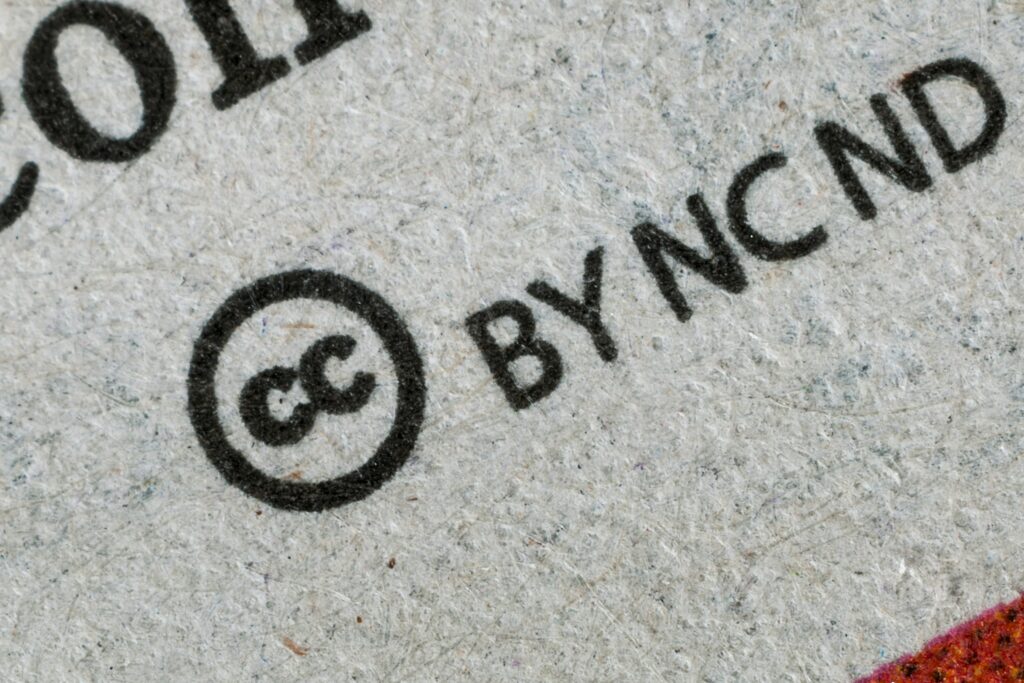This is where you share your updates and reflections for Assignment 2. This posts uses the “Reflections” category which pulls it into the Reflections menu.
Weekly Reflection #1: Navigating Digital Citizenship and Literacy
Introduction
This week, I enjoyed learning about Digital Citizenship and Literacy Frameworks. I feel like these days, being online is just part of life. Digital citizenship isn’t just about using the internet responsibly—it’s about shaping the online world for the better. Jesse Miller’s talk really drove home how digital identity has evolved and how misinformation, privacy concerns, and ethical engagement are bigger than ever. It’s wild to think about how the internet has shifted from a place of endless possibilities to something we have to navigate carefully. The key takeaway according to me is that being an informed and ethical digital citizen isn’t just smart—it’s necessary in this day and age.

Photo by Ludovic Toinel on Unsplash
Reflections
When it comes to digital literacy, it’s not just about knowing how to use technology. It’s about thinking critically, assessing information, and understanding how digital tools shape our lives. The B.C. Post-Secondary Digital Literacy Framework and Canada’s Digital Literacy Framework both emphasize that we need to go beyond just technical skills. Things like recognizing misinformation, protecting privacy, and using digital tools wisely are essential. Personally, while I’m comfortable online, there’s always more to learn—especially when it comes to spotting misinformation and managing my digital footprint. These frameworks serve as a great reminder that digital literacy is an ongoing journey.
One part of the B.C. Post-Secondary Digital Literacy Framework that stood out to me is digital well-being—basically, knowing how to have a healthy relationship with technology. It’s easy to get overwhelmed by constant connectivity, so setting boundaries and being mindful of digital habits is crucial. The framework also emphasizes ethical digital practices, like respecting intellectual property and ensuring fair access to technology. The focus on Indigenous data sovereignty is particularly important, reminding us that digital literacy isn’t just about personal responsibility—it’s also about inclusivity and respect for diverse perspectives.

Photo by NordWood Themes on Unsplash
Another major theme I recognized is communication and collaboration—because frankly, I strongly believe how we interact online matters. Whether it’s social media, academic discussions, or professional networking, digital literacy frameworks highlight the need for thoughtful and ethical engagement. That means being aware of biases, choosing platforms wisely, and fostering inclusive conversations. As digital tools keep evolving, these skills will only become more important for education and work.
Weekly Reflection #2: Exploring Open Licensing and Open Educational Resources
Introduction
This week, I explored topics surrounding intellectual property, copyright, and open education. I started by watching the guest talks, testing out the Google reverse image search tool (a game changer!), and diving into various resources on open licensing and Open Educational Resources (OER). It was interesting to see how copyright laws impact both creators and users of digital content. The ability to find and use legally permissible content is a crucial digital literacy skill, especially for students who are constantly creating and sharing online.

Reflections
Open licensing, particularly through Creative Commons (CC), offers a flexible way for creators to share their work while retaining certain rights. Cable Green’s talk highlighted the importance of Creative Commons in making educational content freely accessible. As a computer science student, this resonates deeply since many open-source projects rely on permissive licenses like the MIT License, which is ubiquitous on GitHub. Open licensing can be a game-changer for developers working on startups, allowing them to build upon existing projects legally while deciding how their own innovations can be shared or protected. Understanding how licenses impact software distribution is crucial for anyone looking to contribute to or create proprietary technology.
One of the most eye-opening aspects of this week was understanding Open Educational Resources (OER). These are freely available learning materials that can be adapted and shared. I’ve personally benefited from countless free learning resources—whether it’s official documentation, YouTube tutorials, or interactive coding platforms. Many institutions, including UVic, encourage the adoption of OER to make education more affordable and accessible. Instead of spending hundreds on textbooks, students and instructors can use high-quality resources that are designed for open use. The idea of open pedagogy—where students contribute to learning resources rather than just consuming them—is particularly exciting. It makes learning more interactive and meaningful, giving students ownership over their education.

Beyond cost savings, OER also promote inclusive and adaptable education. Traditional textbooks may not always reflect diverse perspectives, but openly licensed materials can be revised to include more inclusive content. This ensures that educational materials are relevant to different cultures and learning needs. Additionally, the ability to update OER regularly means that students always have access to the most current information, unlike static, expensive textbooks. By advocating for more open resources, institutions can make education more dynamic, collaborative, and equitable.